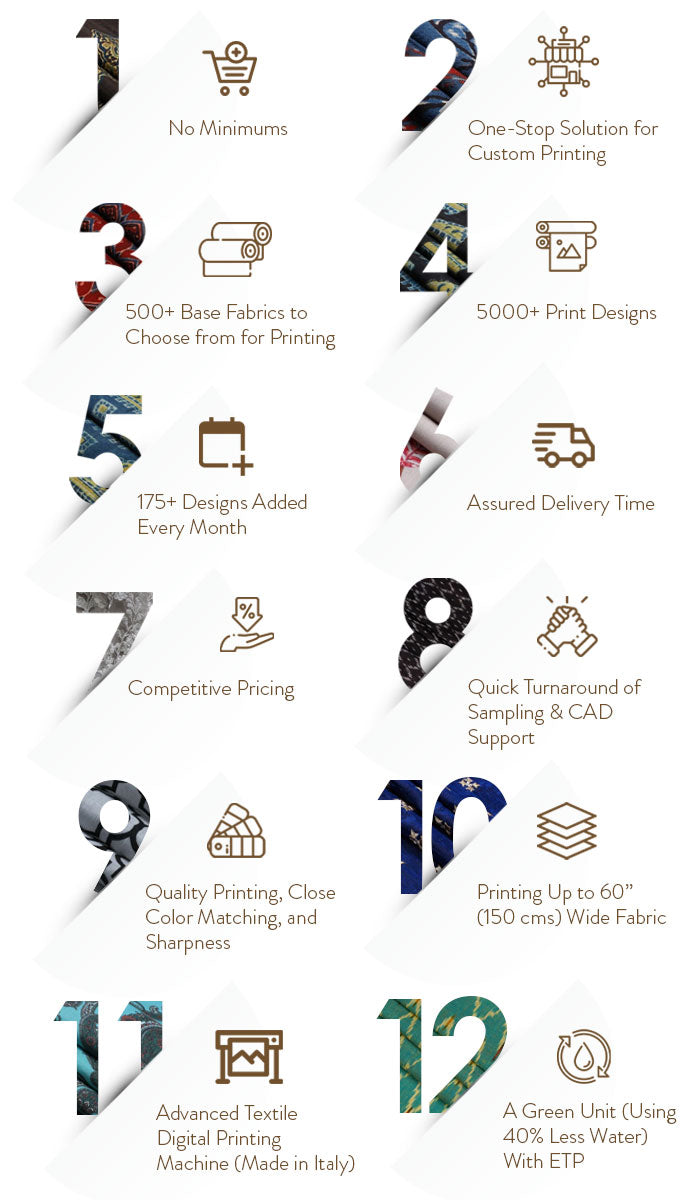What Does 24??media Do?
What Does 24??media Do?
Blog Article
All about 24??media
Table of ContentsIndicators on 24??media You Need To KnowThe smart Trick of 24??media That Nobody is Talking AboutGetting My 24??media To WorkThe Definitive Guide to 24??mediaThe Buzz on 24??media
Improvements in print modern technology are altering the interactions playing field when it concerns quality, affordability and cutting-edge capacities. Balanced out printing and electronic printing are the significant processes by which print tasks are embarked on both making use of four-color printing techniques. Each alternative has its benefits, supplying different methods to fulfill the needs of varied manufacturing projects.
Normally, this has been one of the most consistent technique for exactly maintaining shade matches, making it optimal for print runs that just need static printing such as pre-printed forms, brochures, flyers, calling card, and mass postcard mailings. Nonetheless, as a result of the static nature of litho printing, it is not excellent for variable print pieces that will certainly be mailed to specific recipients such as statements, letters, and personalized postcards.
The Buzz on 24??media
The latest improvements in print technology are helping to bring several of offset's advantages into the electronic printing globe really transforming the face of contemporary printing! There are some crucial distinctions between Offset Printing and Digital Printing.
Today's electronic print tools is among the most sophisticated on the market. Below are some of the biggest benefits of using electronic printing: control the digital print room, with full-color printing finished in one procedure and flawlessly printed directly from a print data. Without a lengthy set-up process, the calibration time of a details task is reduced, adding to quicker print time and overall delivery.
The inkjet printing process has actually helped to revolutionize the industry in addition to the top quality and speed of the result. The most up to date inkjet innovation can print on standard balanced out supplies with dull, silk, and glossy surfaces. Top quality electronic print coupled with software-managed shade management techniques includes maximum worth to publish pieces and makes production processes a lot more dependable than offset.
How 24??media can Save You Time, Stress, and Money.
(https://share.evernote.com/note/7a263bc2-f6c5-bf59-f073-92b8a2b00b50)
Precise quantities of ink and toner are made use of to avoid waste. Environment-friendly and eco-friendly inks and toners are additionally available for even more lasting printing. Digital print likewise eliminates the demand to wash look at here now plates or blankets with unsafe chemicals at the end of the printing procedure. As the quality of digital print solutions raises, the benefits end up being progressively evident and beneficial.
Variable information aids companies reach their specific customers and audience with uniquely-created and personalized web content. As modern technology boosts, the top quality of electronic printing has ended up being second-to-none, with better detail, color match capacities and overall precision. Without the need to clean plates or make use of excess ink, electronic printing is also less wasteful and usually much more eco-friendly.
Standard printing techniques, such as balanced out lithography ("countered") and flexography ("flexo"), involve multiple make-ready actions to move an original photo to a substrate. These approaches need the manufacturing of a collection of plates installed on a cylinder to transfer ink that forms the desired image when integrated on paperboard and other packaging products. Small Volume Packaging.
All about 24??media
Digital printing, with fewer moving pieces, is more dexterous than balanced out in this regard.
Reduced set-up time saves cash on the front end. And because these are not huge mass orders, smaller sized services can manage to print without having to satisfy the greater and a lot more expensive print limits of typical printing.
Be sure you collaborate with a printing and product packaging companion that has the right accreditations. While eleventh-hour printing and customization are a significant advantage, digital may not constantly be the most effective technique for you. Balance out printing has the benefit of cost-effectiveness with huge print runs, especially those with sophisticated ornamental impacts and specialty coverings.

The Ultimate Guide To 24??media
Lithographic presses utilize two print platesa favorable and a negativeto transfer top quality color graphics onto an ideal substrate. The positive plate, with its smooth surface, draws in oil-based inks and drives away water. On the other hand, the unfavorable plate, with its harsh texture, takes in water and pushes back oil. Rubber rollers are after that used to move the image from home plate to the corrugated surface area.
Corrugated paper can occasionally show to be a difficult surface area to publish on, but Litho prints to a separate surface and is after that laminated flooring to it, making it easy to publish top quality images. It can be incredibly consistent, even for futures. The more you publish, the more affordable the expenses come to be for Litho.
What Litho doesn't give you is specifically what Digital does, customization. Expensive set up Longer turn-around No Variable Information Printing Smaller color range, colors can be much less brilliant Digital printing is the procedure of printing electronic photos straight onto the corrugated substratum utilizing a single-pass, direct-to-corrugate technique.
Report this page